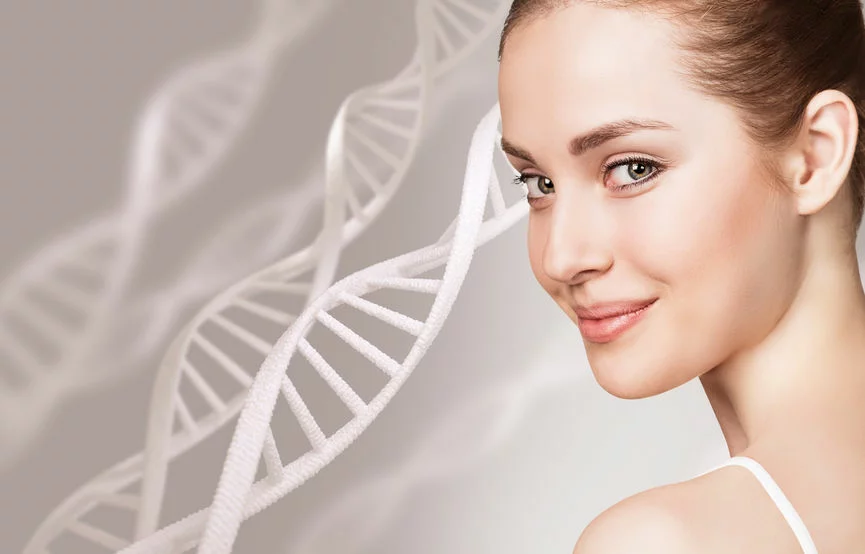The ketogenic diet started out as a treatment for epilepsy in the 1920s. However, it is now being used by many people in order to lose weight.
Looking to boost your Keto diet? Learn what the best Keto products can do for you!What Is The Ketogenic Diet?
The keto diet is a low-carb, high-fat, adequate-protein diet. This diet sends the body into a state of ketosis, where it is forced to use stored fat rather than carbohydrates as energy. About 60 to 80 percent of your daily calories will come from the fat that you eat. It is crucial to follow this diet very carefully, as too much or too little fat can throw you out of the ketosis state. This could result in negative health consequences.
The Foods Of The Keto Diet
As mentioned above, it is key to eat foods that are rich in fat and lower in carbohydrates.
Meats include:
- Poultry with skin
- Rib-eye steaks
- Salmon
- Pork shoulder
- Bacon
Oils include:
- Avocado
- Olive
- Canola
- Flaxseed
- Palm
- Mayonnaise
Vegetables include:
- Spinach
- Kale
- Lettuce
- Broccoli
- Cauliflower
- Cucumber
A breakfast should consist of something like a nut-butter-boosted latte, coffee, or tea. Another option can be eggs and bacon. Remember to use whole-fat dairy products and stevia or sweeteners to replace sugar.
Remember to limit:
- Bread
- Pasta
- Potatoes
- Carrots
- Turnips
The Advantages Of A Keto Diet
The main reason why people have flocked to this diet is because of its weight loss benefits. When you eat fewer carbs your insulin levels drop and your body turns into a fat burning machine. Thus, your body uses fat stored for energy. Furthermore, your body digests fat a lot slower than it does carbs. This will help you feel fuller for longer.
Nonetheless, there are also many other benefits this diet can provide, namely to control blood sugar levels, for mental focus, and acne. It can also provide anti-inflammatory benefits. Furthermore, it can help with polycystic ovary syndrome, and as mentioned above, it provides many benefits for children who are suffering from epileptic fits.
The Disadvantages Of A Keto Diet
There is always the possibility of side effects when changing your diet so drastically. With the keto diet, one may notice the following:
- Bad breath
- Headaches
- Nausea
- Fatigue
The first negative symptom one may feel is tiredness due to the drop in blood sugar, caused by low carb intake. One may also feel constipated or bloated. The ketogenic diet limits one to only eating certain types of foods and cuts out other food groups. Due to this, you will be at risk for nutrient deficiencies. You will either need to use a supplement to replenish these losses or find it in other foods you may eat. Furthermore, you may regain lost weight if you suddenly stop this diet and go back to your regular diet. It is also noteworthy that people with type 1 diabetes, kidney disease, and a history of eating disorders should not use this diet.
The Take Home Message
It is important to visit a registered dietitian if you are considering using this diet. It is crucial because essential healthy whole grains, fruits, and some vegetables are cut from the diet. Furthermore, it is important to know the amount of carbohydrates you need to consume to stay in ketosis. One will also need to incorporate healthy fats into the diet, such as salmon, walnuts, avocado, and almonds. All this can be done with the help and guidance of a professional.
More research needs to be done to determine the weight loss benefits. Short-term use has proven to be effective, however long-term use still needs to be studied.
Looking to boost your Keto diet? Learn what the best Keto products can do for you!












